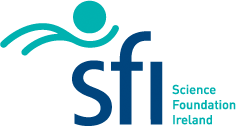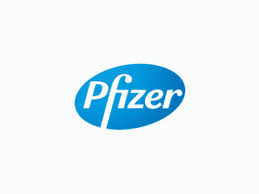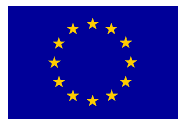
SFI Principal Investigator Award: Cellular Bioenergetics and
BH3-Only Proteins in acute and chronic neurological disorders – 2003

JPND – CeBioND”, Joint Programme in Neurodegeneration Research, Cellular Bioenergetics in Neurodegenerative Diseases: A system-based pathway and target analysis. Role: PI; Duration: 12/01/14-11/30/17.
see https://www.neurodegenerationresearch.eu/wp-content/uploads/2014/10/CebioND1.pdf
ttps://www.neurodegenerationresearch.eu/wp-content/uploads/2015/02/CeBioN.pdf


SFI-Pfizer Biotherapeutics Innovation Award Programme 2014, Angiogenin delivery for the treatment of MND. Role: PI; Duration: 10/01/17 – 09/30/17.
click here for more information

National Biophotonics and Imaging Platform PRTLI Cycle 4”, HEA, Role: Institutional Co-ordinator & PI; Duration 01/01/08 – 12/31/11, Total value of grant: € 11 M. Value of award to PI € 1.2 M.
 Light Sheet Fluorescence Microscope (LSFM) for imaging of live and optically cleared biological samples
Light Sheet Fluorescence Microscope (LSFM) for imaging of live and optically cleared biological samples
The proposed infrastructure will provide Ireland’s only facility for a recently developed type of microscope that allows for the fast collection of detailed images in three dimensions. It will enable us to see ‘into’ complex structures such as entire organs (‘3D
Imaging’). The microscope will allow us to answer how drugs distribute within particular areas of the human body, so that, jointly with industry, new drugs can be developed that better reach their designated target. It will also allow us to explore how such drugs
exert their activities and how we can monitor this. Using this microscope, engineers will analyse how cells or tissues they have engineered to replace or improve diseased tissue will integrate and function in their new environment. Finally it will provide information how surgical or nutritional therapies affect the structure and function of tissues involved in our metabolism such as pancreas and muscles.
 Single Cell Imaging of Gene Activation during Oxidative Neuron Death: Towards Quantitative Systems Approaches.
Single Cell Imaging of Gene Activation during Oxidative Neuron Death: Towards Quantitative Systems Approaches.
This was a Marie-Curie fellowship awarded to Dr. David Davila De Leon, investigating the role of the transcription factor FOXO3a and the BH3-only protein Bim in the control of excitotoxic injury and oxidative stress-induced neuronal injury.This project has received funding from the European Union’s Seventh Framework Programme for research, technological development and demonstration.
Background to the project
IOxidative stress is a major contributor to ischemic and neurodegenerative processes; however, the molecular mechanisms and biological switches that determine outcome, i.e. neuronal tolerance or neuronal apoptosis, in response to oxidative stress are not fully characterised. This aim of this project is to analyse these events at the single cell level. The quantitative single-cell data obtained will be incorporated into mathematical models of apoptosis activation developed by the host laboratory. The fellowship will advance our understanding of this critically important biological process by allowing for a quantitative analysis of this signalling/gene activation network. The fellow will strongly complement the research activities of the host laboratory, and most importantly, will acquire new skills and be exposed to a unique interdisciplinary training programme. Furthermore, this work could provide important information for the development of new therapeutic strategies for ischemic and neurodegenerative disorders.